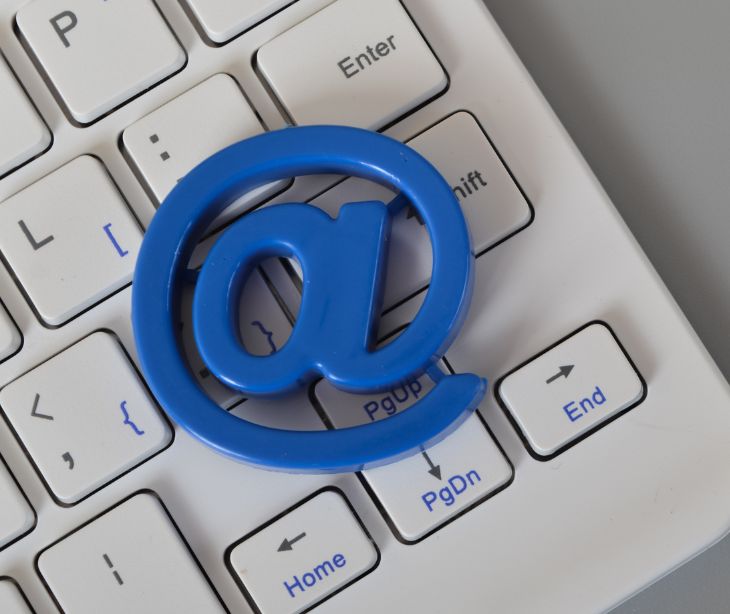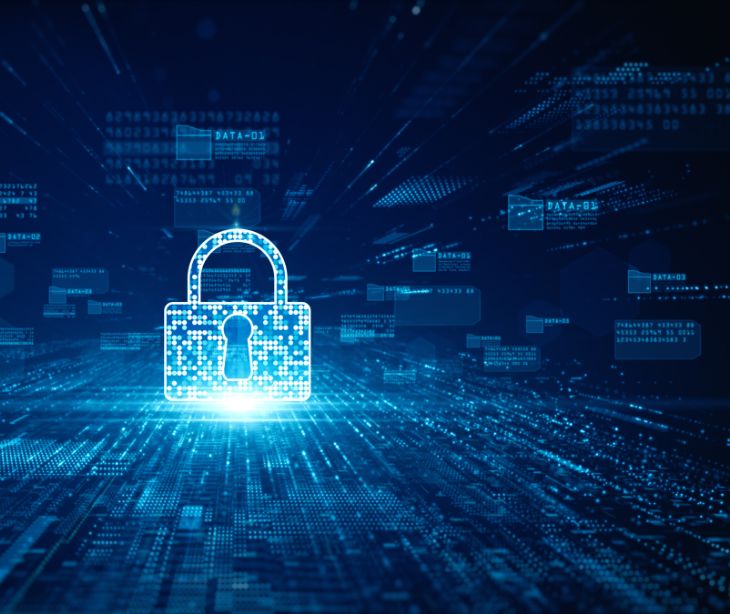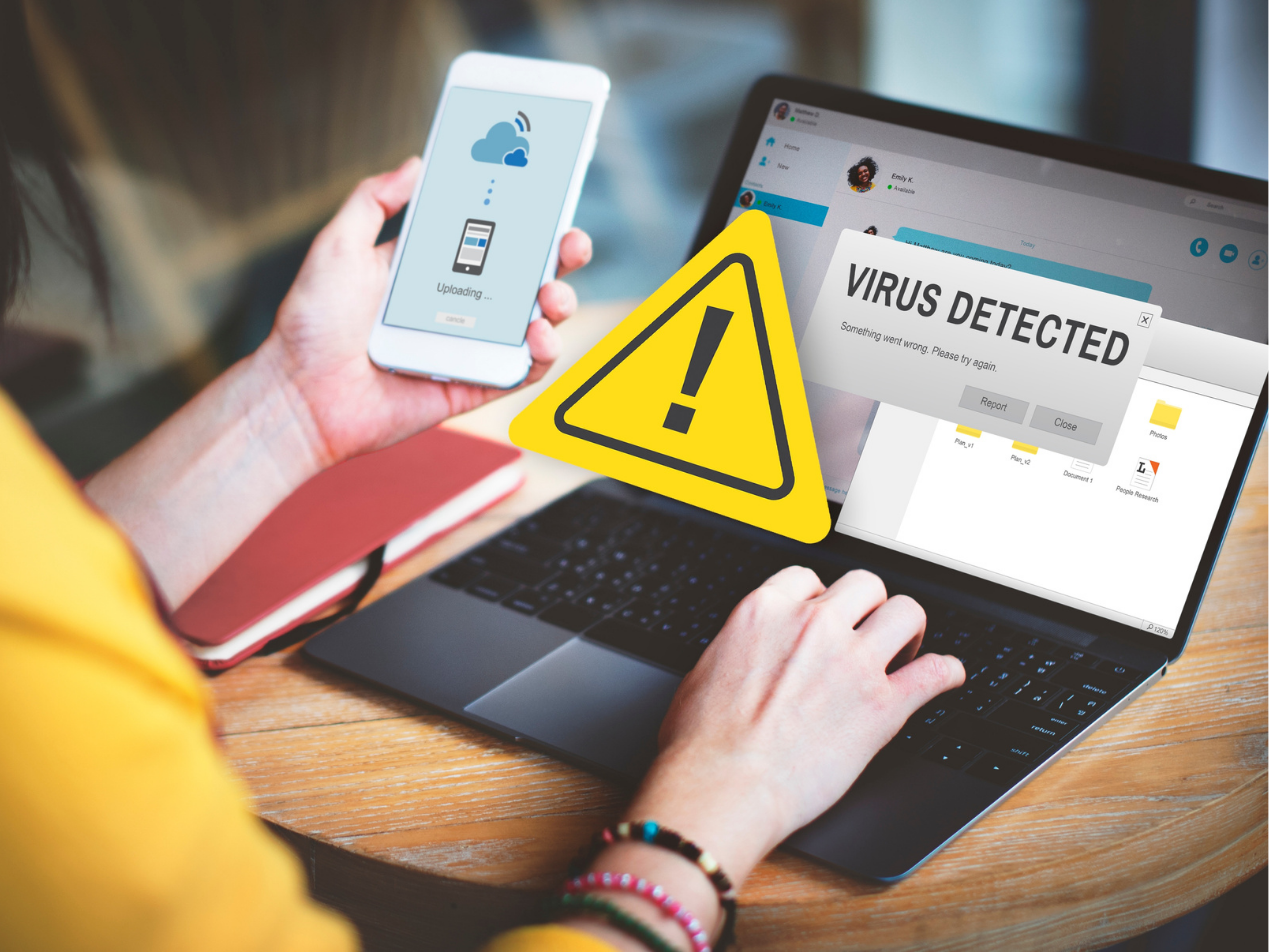
Healthcare professionals use email aliasing for secure digital communication while protecting patient privacy.
Understanding email aliasing in healthcare
In healthcare, email aliasing refers to creating alternative email addresses that forward messages to a primary account. Picture an email alias as a virtual pseudonym, a secondary identity that protects the primary account. Healthcare professionals use aliases to communicate securely without compromising patient confidentiality.
The impact of email aliasing in healthcare extends beyond mere convenience. It guards against potential breaches, offering a layer of defense against unauthorized access and reinforcing cybersecurity measures.
Uses of email aliasing in healthcare
- Patient communication: Healthcare professionals can engage with patients while maintaining confidentiality. This is vital for delivering securely sensitive information, test results, or appointment reminders.
- Appointment scheduling: Healthcare providers can assign unique aliases for different types of appointments, allowing for efficient organization and ensuring that critical information promptly reaches the intended recipients.
- Internal departmental correspondence: Different departments within healthcare organizations can use aliases for internal communication.
Ethical considerations in email aliasing for healthcare
Adopting email aliases in healthcare requires a careful consideration of ethical principles:
- Transparency and honesty: Healthcare professionals must communicate clearly with patients about using aliases, ensuring that the intent is understood and trust is preserved.
- Consent and disclosure: Patients have the right to know who they are communicating with, and healthcare providers should disclose the use of aliases, especially in professional settings.
- Data security: Safeguarding patient information is a priority, and healthcare professionals must ensure that aliases do not inadvertently increase the risk of data breaches or compromise cybersecurity.
- Accountability: Individuals using email aliases in healthcare must remain accountable for their communications. Aliases should not be used as a shield for irresponsible or unethical behavior.
- Responsibility in management: Healthcare organizations adopting email aliasing must manage these aliases properly. This includes setting clear guidelines, monitoring misuse, and protecting aliases from unauthorized access.
- Avoiding harm: Ethical email aliasing in healthcare requires that aliases are not used in ways that cause harm. This involves not spreading false information, respecting patient boundaries, and refraining from activities that could be damaging if carried out under an alias.
Read more: Ethics of email aliasing
Tips for ethical email aliasing in healthcare
- Establish clear guidelines: Healthcare organizations should develop and communicate guidelines on email aliases that outline their purpose, the situations in which they can be employed, and any ethical considerations.
- Provide staff training: Educate healthcare professionals on the responsible use of email aliases. Training programs should cover the importance of patient confidentiality, the ethical considerations associated with aliasing, and practical tips for secure communication.
- Monitor alias usage: Implement monitoring mechanisms to track the usage of email aliases within the organization. Review the creation and use of aliases regularly to identify potential misuse or deviations from established guidelines.
- Protect against unauthorized access: Implement strong authentication and access control mechanisms to ensure that only authorized personnel can create or modify aliases.
- Integrate alias management into security protocols: Ensure that the management of email aliases is integrated into the organization's broader cybersecurity protocols.
- Encourage transparent communication: Encourage practitioners to communicate openly about email aliases with colleagues and, where appropriate, with patients. Transparency builds trust and ensures ethical conduct.
- Promptly address security concerns: Establish a system for reporting and addressing any security concerns related to email aliases.
- Regularly update security training: Given the evolving nature of cybersecurity threats, healthcare organizations should provide regular updates to security training.
Related: HIPAA Compliant Email: The Definitive Guide
FAQs
Can email aliases be used to communicate with patients securely?
Yes, email aliases help healthcare providers communicate with patients while maintaining privacy and security.
Is obtaining patient consent necessary when using email aliases in healthcare?
Yes, obtaining patient consent is an ethical necessity when implementing email aliases.
How can healthcare organizations ensure the ethical use of email aliases?
Healthcare organizations should establish clear guidelines for email alias usage, monitor their implementation for any signs of misuse, and educate staff on responsible email aliasing practices.
Subscribe to Paubox Weekly
Every Friday we bring you the most important news from Paubox. Our aim is to make you smarter, faster.




